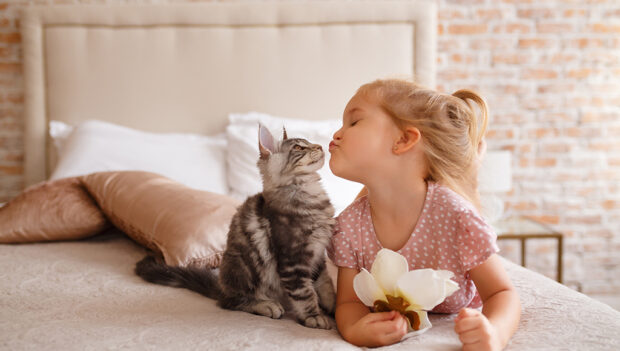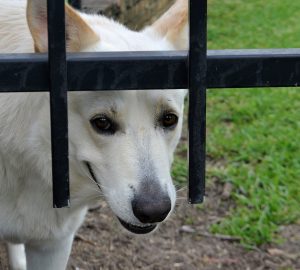Every time we find ourselves in the situation of seeing how families, even large ones, acquire a new member in their family, and not necessarily a two-legged one, we are talking about a furry one, be it a dog or cat; The truth is that over time we see how more families are joining the idea of having pets, and it is irresistible, they are so cute that anyone who is related to them would want to have one at home.
In fact, it is proven that several factors have favored the increase in the number of companion animals in large Colombian cities, such as: the demand for pets to fill affective spaces in family environments, the increase in the economic capacity of social classes, allowing them assume expenses that previously had not been contemplated in its budget, and the phenomenon of recent years of displacement of peasant populations from rural areas, bringing with it the culture of owning animals.

As we well know, dogs and cats are very sociable beings, through the years through their adaptability to the human environment they have become extremely important in the life of humans and even children, indeed it is said that the positive influence of pets on the health and well-being of human beings is well recognized and includes the psychological, physiological, therapeutic and psychosocial aspects. That is, they help us and are necessary in various aspects of our life.
The effect of pets on human life has been shown to influence in a positive way, the effects of the bond between children and pets can be classified in four special areas.

-
Physiological
It is scientifically proven that the influence of pet ownership has been a protective factor for cardiovascular diseases and can be reflected in the following way: heart rate, anxiety and stress due to loneliness are reduced, and endorphins are released when petting pets.
Dog owners have greater physical activity compared to those who do not have them, and as a consequence the former have generally better health, reflected in fewer medical consultations.
It has even been standardized to say that cats affect the health of humans and children by generating allergic diseases such as asthma, atopy and allergic rhinitis, but it was concluded that having a dog or cat as a pet during the first years of life it is a protective factor against the aforementioned allergic diseases.
-
Psychological
Mental health has been evaluated countless times and for many years. Thanks to these studies, research began and one emerged that relates mental health to the influence of pets and their attributes. In states of depression, stress, grief and social isolation, pets become an unconditional companion, increasing self-esteem and a sense of responsibility; pets allow the feeling of attachment to develop in children.
-
Therapeutic

Animals as a therapeutic resource can be included in treatments such as motivational assisted therapy or physical therapy. The first aims to introduce an animal permanently or with a specific regularity in the environment of a person, in order to allow an affective bond to be established.
Physical therapy is another way of obtaining therapeutic effects through animals, the best known form is equine therapy; This improves motor function, muscle tone, posture, balance, coordination, and sensorimotor positioning in all types of patients, although it is widely used with children.
-
Psychosocial
A study showed that animal owners have a greater ease of socialization, of establishing the bond of trust in interpersonal relationships and of having a greater participation in community events and appropriation of parks and other recreational areas with their pet.



